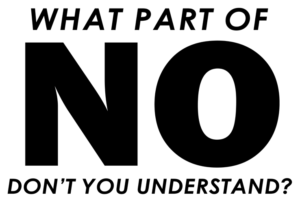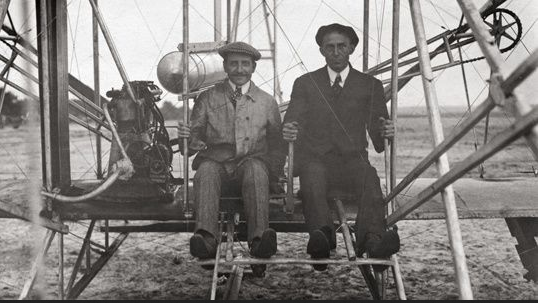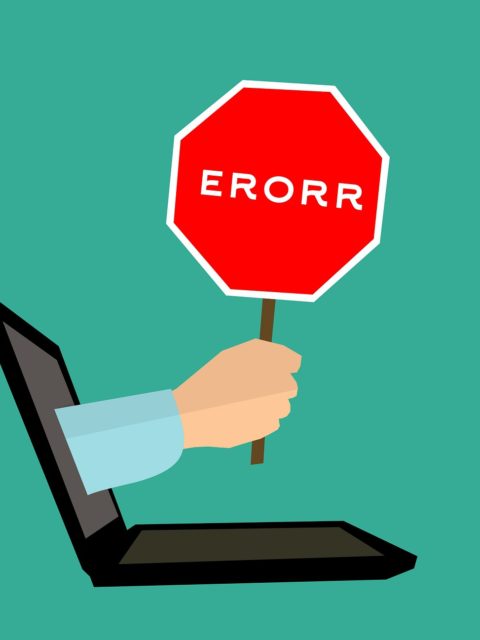CHARGE!

We recently hosted a very successful serial founder and sometime investor at our online Investor Insights, who just launched yet another company – his third. It was fascinating to listen to both his advice – and his history. His first company was quickly acquired by Google, which was ‘clearly’ a win, but careful there, founders: great to be ‘adopted,’ but not all ‘parent’ companies are the same. He served his time, celebrated the day the golden handcuffs came off, and quickly launched his next company, which pivoted a few times, as all companies do, but did find its footing and a sustainable revenue stream. Acquisition offers were proffered and rejected, perhaps since the entrepreneur had been there, done that.
The company is still alive and well and turning a profit to the tune of hundreds of millions a year.
Nice revenue stream.





